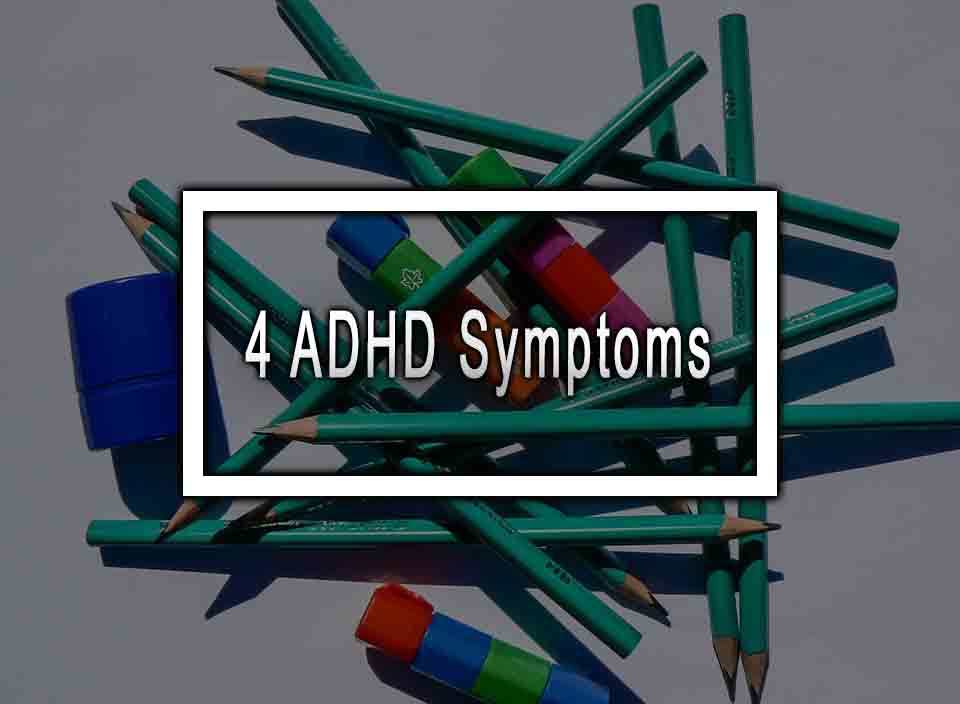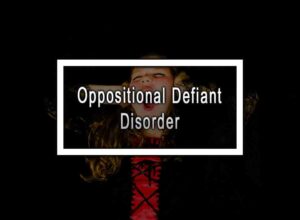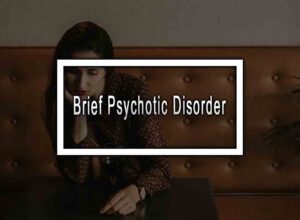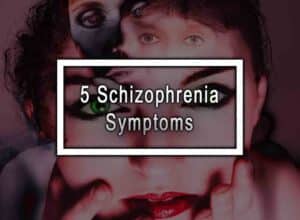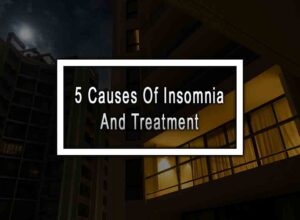Here Are The Common ADHD Symptoms
Attention Deficit Hyperactivity Disorder (ADHD) is a neurodevelopmental disorder that affects both children and adults. ADHD symptoms are characterized by inattention, hyperactivity, and impulsivity. These symptoms can cause significant impairment in academic, occupational, and social functioning. As such, it is essential to understand the symptoms of ADHD to identify and treat the disorder effectively. In this article, we will explore the different ADHD symptoms and their impact on the individual.
Inattention Symptoms
Inattention is one of the primary symptoms of ADHD. Individuals with ADHD have difficulty paying attention to details, sustaining attention, and completing tasks. They may also seem forgetful, disorganized, and easily distracted. Inattention symptoms can cause significant difficulty in academic and occupational settings, where sustained attention is crucial. For example, a child with ADHD may struggle to complete homework assignments or stay on task during class lectures. An adult with ADHD may struggle to meet work deadlines or stay focused during meetings.
Hyperactivity Symptoms

Hyperactivity is another hallmark symptom of ADHD. Hyperactive individuals are often described as being restless, fidgety, and unable to sit still. They may also talk excessively, interrupt others, and have trouble waiting their turn. Hyperactivity symptoms can cause social difficulties, as others may find their behavior disruptive or annoying. Hyperactive children can struggle to make and maintain friendships, while hyperactive adults may have difficulty in the workplace.
Impulsivity Symptoms

Impulsivity is the third major symptom of ADHD. Impulsive individuals act without thinking, often leading to negative consequences. They may interrupt others, act recklessly, or make impulsive decisions without considering the consequences. Impulsivity can lead to difficulties in both social and academic settings. For example, an impulsive child may blurt out answers in class without raising their hand or acting aggressively toward peers. An impulsive adult may make hasty decisions that negatively impact their personal or professional life.
Combined Symptoms
While each of the symptoms discussed above is significant, many individuals with ADHD exhibit a combination of all three. This subtype of ADHD is known as Combined Type ADHD. Individuals with Combined Type ADHD exhibit symptoms of inattention, hyperactivity, and impulsivity. These individuals often struggle the most with social and academic functioning, as they have difficulty focusing, sitting still, and controlling their impulses.
Impact of ADHD Symptoms
The symptoms of ADHD can have a significant impact on individuals’ lives. Children with ADHD may struggle in school, have difficulty making and maintaining friendships, and experience low self-esteem. Adults with ADHD may struggle to manage work responsibilities, maintain healthy relationships, and achieve personal goals. ADHD can also lead to other mental health issues, such as anxiety and depression.
Treatments for Attention Deficit Hyperactivity Disorder

Attention Deficit Hyperactivity Disorder (ADHD) is a neurodevelopmental disorder characterized by symptoms such as inattention, hyperactivity, and impulsivity. Treatment for ADHD is typically multifaceted, often including a combination of medication, behavioral therapies, and lifestyle adjustments. The goal of treatment is to reduce symptoms and improve functioning. Here are some common treatments for ADHD:
Medications
- Stimulants: The most commonly prescribed medications for ADHD are stimulants such as methylphenidate (Ritalin, Concerta) and amphetamines (Adderall, Vyvanse). These medications can help improve focus, attention, and control impulsivity and hyperactivity.
- Non-stimulants: For individuals who don’t respond well to stimulants or experience significant side effects, non-stimulant medications like atomoxetine (Strattera) and guanfacine (Intuniv) may be prescribed.
- Antidepressants: In some cases, particularly when ADHD is accompanied by other mental health conditions, antidepressants may be used as part of the treatment plan.
Behavioral Therapies
- Behavior modification: This involves the use of positive reinforcement and consequences to encourage desired behaviors.
- Cognitive-behavioral therapy (CBT): A type of therapy that can help individuals with ADHD develop coping strategies and work on executive function skills.
- Family therapy and parental training: These therapies can help families develop strategies to address behavioral issues and support children with ADHD.
Psychoeducation
Educating individuals with ADHD and their families about the condition can help them understand the challenges and how to manage them.
Lifestyle and Home Remedies
- Regular physical exercise: Physical activity can help improve attention, decrease restlessness, and promote overall mental well-being.
- Healthy diet: While no specific diet is prescribed for ADHD, a balanced and nutritious diet can have a positive impact on overall health and may improve symptoms.
- Sleep: Ensuring adequate and quality sleep can help reduce ADHD symptoms.
School-Based Support
- Educational interventions: IEPs (Individualized Education Programs) or 504 plans can provide accommodations and modifications to help students with ADHD succeed in school.
- Extra support: Tutoring, counseling, and skill-building programs can also assist children in managing ADHD symptoms in a school setting.
Assistive Technologies
Tools like planners, timers, and software that help with organizing and time management can be helpful for individuals with ADHD.
Alternative Treatments
Some people explore alternative treatments like dietary supplements (e.g., omega-3 fatty acids), mindfulness, yoga, or neurofeedback. However, the evidence supporting these treatments varies, and they should be approached with caution and in consultation with healthcare providers.
Conclusion

ADHD is a neurodevelopmental disorder characterized by symptoms of inattention, hyperactivity, and impulsivity. These symptoms can significantly impact individuals’ academic, occupational, and social functioning. While there is no cure for ADHD, treatment can significantly reduce symptoms and improve functioning. If you or someone you know is struggling with symptoms of ADHD, it is essential to seek professional help to receive an accurate diagnosis and appropriate treatment. By understanding the symptoms of ADHD and seeking treatment, individuals can improve their quality of life and achieve their goals.
ADHD Symptoms FAQs
Here are the most common questions about ADHD symptoms.
1. When can ADHD symptoms start to show up?
Symptoms of ADHD can start to appear in childhood, typically before the age of 12. However, some individuals may not be diagnosed until adulthood.
2. Are ADHD symptoms the same in children and adults?
ADHD symptoms may present differently in children and adults. For example, hyperactivity-impulsivity symptoms may be more noticeable in children, while inattention symptoms may be more noticeable in adults. However, the diagnosis of ADHD is based on the same criteria for both children and adults.
3. What are some common co-occurring disorders that individuals with ADHD may experience?
Co-occurring disorders commonly associated with ADHD may include anxiety, depression, bipolar disorder, and substance use disorders.
4. Can ADHD symptoms be treated?
Yes, ADHD can be treated with a combination of medication and therapy. Medications such as stimulants and non-stimulants may be prescribed to manage symptoms, while therapy such as cognitive behavioral therapy (CBT) can help individuals develop coping strategies.
5. Can ADHD be managed without medication?
While medication is a common treatment for ADHD, some individuals may choose to manage their symptoms through therapy, lifestyle changes, and other non-medication strategies. However, it is important to consult with a healthcare professional to determine the best treatment plan for each individual.

